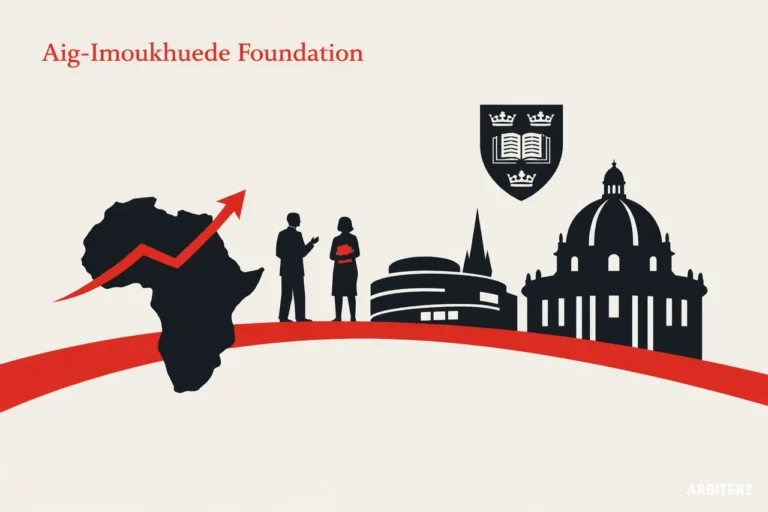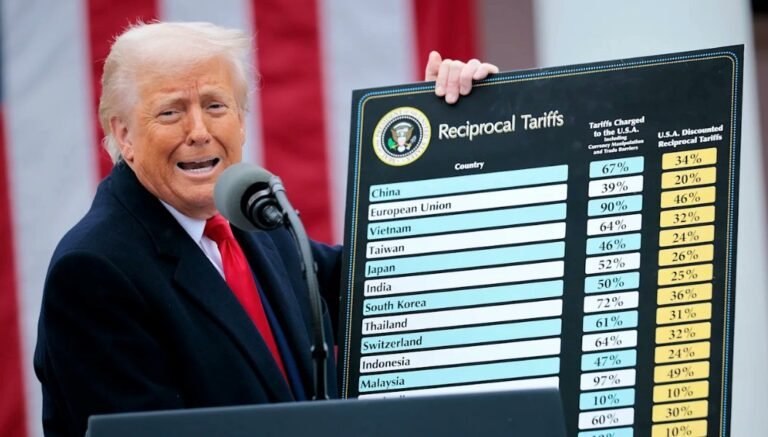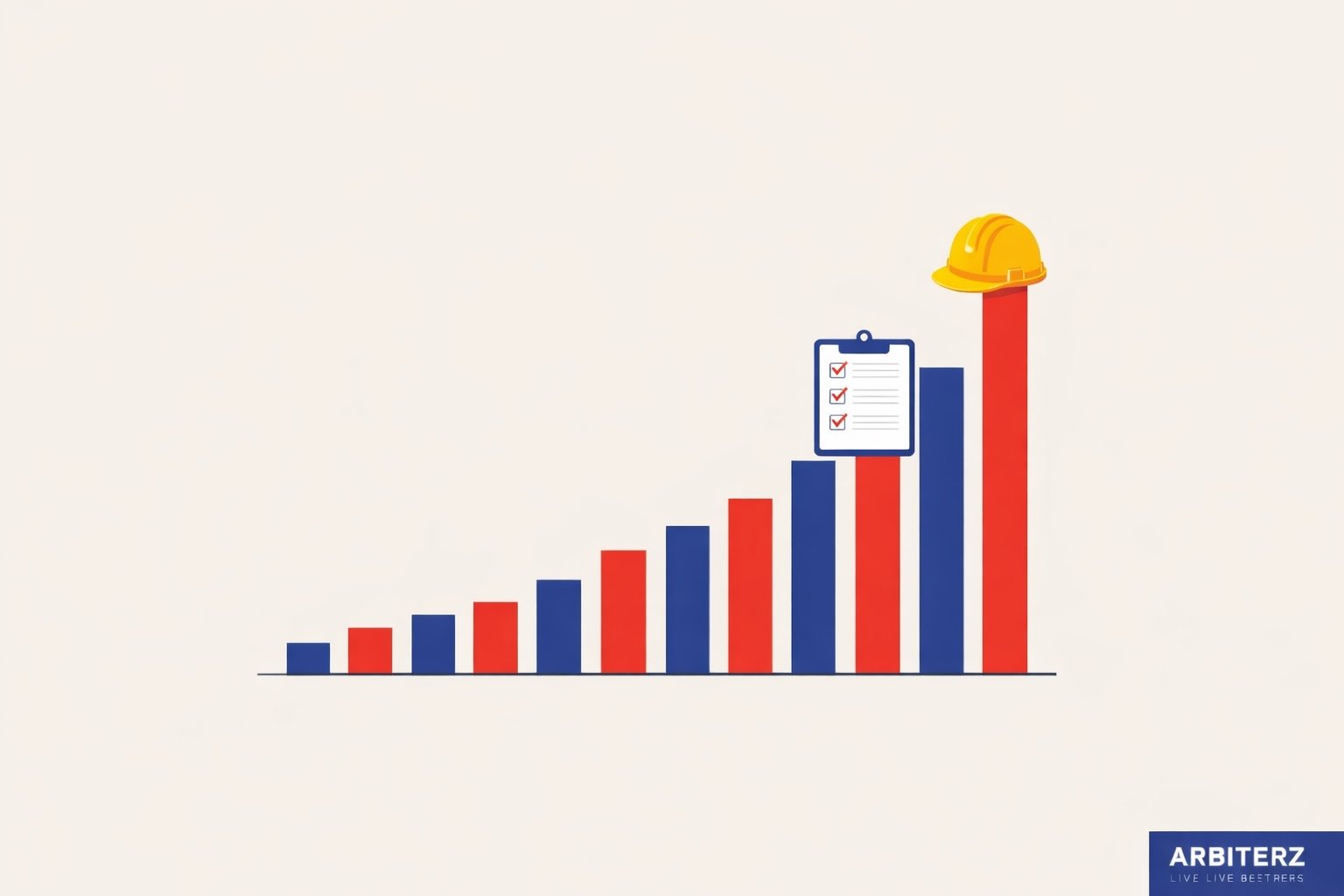The Federal Government of Nigeria has sealed a $747 million syndicated loan to fund the first stretch of the Lagos-Calabar Coastal Highway.
The landmark transaction the Federal Ministry of Finance announced on Wednesday represents a major milestone under President Bola Tinubu’s Renewed Hope Infrastructure Development Agenda. The funding will cover Phase 1, Section 1 of the project: a 47.47-kilometre corridor stretching from Victoria Island to Eleko Village, Lagos.
Global Financiers
The financing is led by Deutsche Bank, serving as Global Coordinator, Initial Mandated Lead Arranger, and Bookrunner. Other financiers include First Abu Dhabi Bank (also Agent and Intercreditor Agent), Afreximbank, ECOWAS Bank for Investment and Development (EBID), Nexent Bank N.V., and Zenith Bank (through its UK, Paris, and Nigerian offices).
Also Read:
- Lagos-Calabar Coastal Highway: Economic opportunity for millions, says Tinubu
- Lagos - Calabar Coastal Highway: Landmark Group Signs Deal With Enugu State Government to…
- FG Commits to Completing 47 KM of Lagos-Calabar Coastal Highway by May 2025
- Arbiterz Jobs: African Development Bank Group, Palladium, Mastercard, Jumia
The deal is also backed by partial political and commercial risk insurance from the Islamic Corporation for the Insurance of Investment and Export Credit (ICIEC).
“This marks the first syndicated road infrastructure loan of this magnitude in Nigeria,” the Finance Ministry stated. “It reflects growing confidence from global capital in the government’s reform trajectory and infrastructure ambitions.”
David Umahi, Minister of Works, described the financing as “a powerful endorsement of Nigeria’s infrastructure ambition” and a sign that “the private sector is beginning to see value in our national asset development strategy.”
Finance Minister and Coordinating Minister of the Economy, Wale Edun described the transaction as transformational stating “It proves that our macroeconomic reforms are working. It shows that Nigeria is back on the radar of global financiers and that this administration is serious about crowding in private capital for national development.”
Edun noted the transaction sends “a clear market signal” about Nigeria’s commitment to contract sanctity, innovative project structuring, and unlocking public-private partnerships (PPPs) to bridge the country’s vast infrastructure gap.
Dany Abboud, Managing Director of Hitech Construction, said the firm was proud to be delivering on a project of this scale and complexity, noting that “Nigerian engineering, with the right financial backing, is ready to meet global standards.”
For ICIEC CEO Khalid Khalafalla, the project is more than concrete and kilometres—it is about people. “Through our sovereign risk coverage, we are helping deliver infrastructure that will ease urban congestion, fuel regional commerce, and empower local enterprises,” he said.
Construction Well Underway
Construction is already well underway, with Phase 1, Section 1 more than 70% complete. Hitech Construction Company, a leading Nigerian engineering firm, is delivering the project under an EPC+F (Engineering, Procurement, Construction plus Financing) structure—an increasingly favoured model that integrates project design, delivery, and capital.
Stakeholders believe the Lagos-Calabar Coastal Highway once complete will catalyse trade and tourism, significantly reduce logistics costs, and create thousands of jobs across its corridor. A tolling framework is currently in the works to ensure financial sustainability of the highway under a concession model while financing talks for the next phases of the project are already gaining traction, according to the ministry of Finance, with “strong interest from a new wave of regional and global investors.”


























